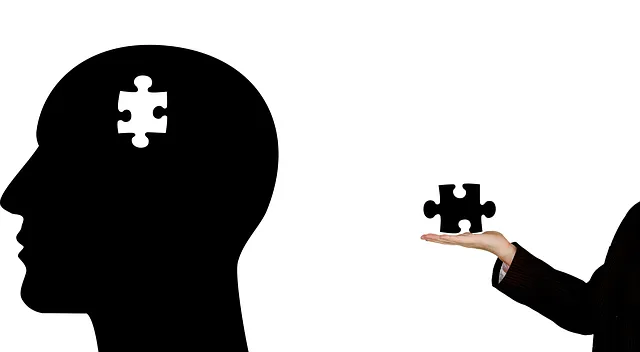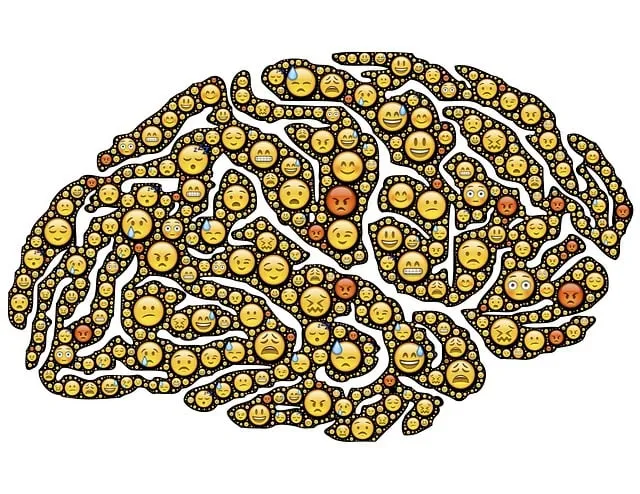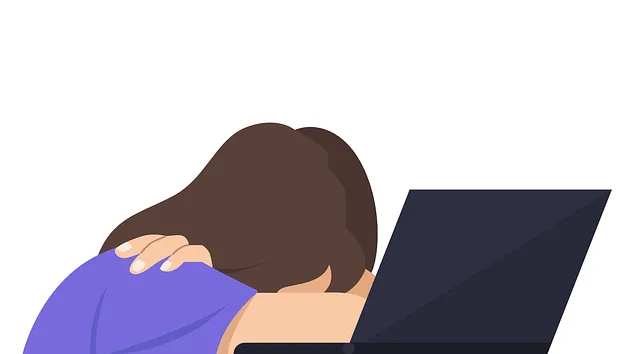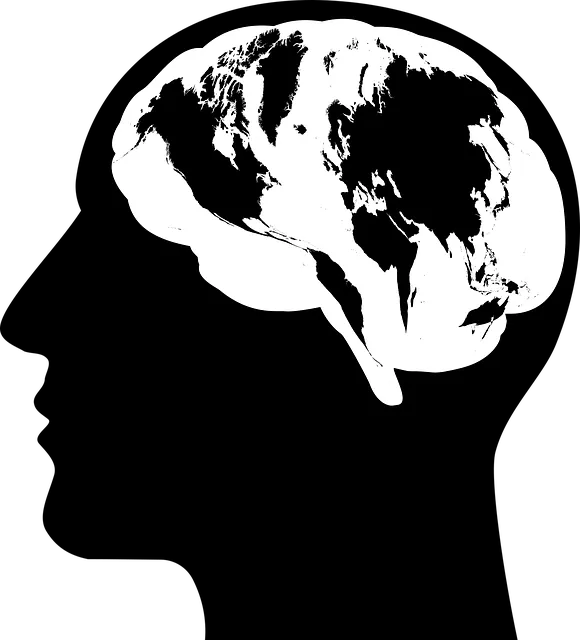Centennial Kaiser Permanente prioritizes culturally sensitive mental health care through specialized training programs, tailored communication strategies, and community outreach. Their industry-leading initiative equips healthcare providers with tools to navigate diverse patient backgrounds, improving relationships, outcomes, and engagement. The dedicated psychiatry phone line offers a reliable resource for navigating cultural barriers, revolutionizing healthcare experiences, and enhancing mental wellness for all individuals.
Healthcare provider cultural competency training is an essential component of modern medical practice, addressing diverse patient populations and reducing healthcare disparities. This article explores key aspects of cultural competency in healthcare, highlighting the critical role of psychiatry in overcoming cultural barriers to care. We present a case study of Centennial Kaiser Permanente’s innovative training approach and discuss how culturally responsive practices enhance patient outcomes. For more information on psychiatric services, contact the Centennial Kaiser Permanente psychiatry phone number.
- Understanding Cultural Competency in Healthcare: Definition and Importance
- The Role of Psychiatry in Addressing Cultural Barriers to Care
- Centennial Kaiser Permanente's Approach to Training: A Case Study
- Enhancing Patient Outcomes through Culturally Responsive Practice
Understanding Cultural Competency in Healthcare: Definition and Importance

Cultural competency in healthcare refers to the ability of providers to understand, appreciate, and effectively interact with patients from diverse cultural backgrounds. It involves recognizing and respecting differences in values, beliefs, behaviors, and communication styles across various cultures, ethnicities, and social groups. This skill set is crucial for building trust, enhancing patient-provider relationships, and delivering culturally sensitive care that meets the unique needs of each individual.
At organizations like Centennial Kaiser Permanente, where diverse communities are served, such as those accessing psychiatry services through their phone lines, cultural competency training is vital. It equips healthcare providers with communication strategies tailored to different cultural contexts, ensuring effective mental health policy analysis and advocacy. Moreover, it enables them to offer crisis intervention guidance that respects and incorporates patients’ cultural identities, fostering more inclusive and responsive care environments.
The Role of Psychiatry in Addressing Cultural Barriers to Care

In addressing cultural barriers to care, psychiatry plays a pivotal role at institutions like Centennial Kaiser Permanente, where contacting their dedicated psychiatry department through the phone number provided can initiate transformative changes. Cultural competency training equips healthcare providers with the skills to navigate diverse patient backgrounds, ensuring effective communication and tailored treatment plans. This is particularly crucial in managing mental health concerns, as cultural nuances can significantly impact a patient’s perception of care and willingness to engage in therapy.
Integrating practices like Mental Wellness Journaling Exercise Guidance, Burnout Prevention, and Compassion Cultivation into psychiatric care enhances cultural sensitivity. Such approaches not only foster open dialogue but also promote understanding and empathy between providers and patients from various cultural walks of life. By embracing these strategies, healthcare systems like Centennial Kaiser Permanente can create a more inclusive environment, encouraging all individuals to prioritize their mental wellness without barriers.
Centennial Kaiser Permanente's Approach to Training: A Case Study

Centennial Kaiser Permanente, a leading healthcare provider, has pioneered an innovative approach to cultural competency training, setting a benchmark for industry best practices. Their comprehensive program focuses on fostering understanding and empathy among medical staff, with a specific emphasis on mental health services. By integrating mind over matter principles, the organization aims to enhance patient interactions and outcomes, especially within their psychiatry departments. This strategy involves immersive workshops, cultural simulations, and regular awareness sessions led by expert facilitators.
The training curriculum is meticulously designed to address diverse patient populations’ unique needs. It includes case studies and role-playing scenarios that prepare healthcare professionals for real-life challenges. For instance, their anxiety relief modules equip staff with tools to manage culturally sensitive situations, ensuring every patient receives personalized care. Additionally, Centennial Kaiser Permanente’s community outreach program implementation serves as a model for engaging local communities, promoting mental health literacy, and breaking down barriers to treatment access. This holistic training approach has significantly improved patient satisfaction and clinical outcomes, solidifying the organization’s commitment to culturally responsive healthcare delivery.
Enhancing Patient Outcomes through Culturally Responsive Practice

In today’s diverse healthcare landscape, enhancing patient outcomes requires a culturally responsive practice that respects and values every individual’s unique background, beliefs, and experiences. At Centennial Kaiser Permanente, our psychiatry services aim to bridge cultural gaps through comprehensive Healthcare Provider Cultural Competency Training. This training equips staff with the knowledge and skills needed to interact sensitively with patients from various ethnic, racial, and social backgrounds. By fostering a deeper understanding of different cultures, we improve communication, build stronger relationships, and ultimately deliver more personalized care.
The benefits extend beyond improved patient interactions; culturally competent practices lead to better health outcomes. For instance, training in social skills can help healthcare providers address sensitive topics with confidence, ensuring patients feel heard and understood. This increased trust and openness can boost patient engagement in their treatment plans, leading to more effective mental health management. Whether it’s navigating language barriers or understanding cultural norms, the phone number for Centennial Kaiser Permanente psychiatry remains a reliable resource as we continue to revolutionize healthcare through culturally sensitive practices.
Cultural competency training is a game-changer in healthcare, ensuring providers can offer culturally responsive care. As seen in Centennial Kaiser Permanente’s innovative approach, combining education with practical case studies, such as those in psychiatry, can significantly enhance patient outcomes. By addressing cultural barriers to care, healthcare professionals can create an inclusive environment that respects diverse beliefs and backgrounds. This not only improves patient satisfaction but also fosters better mental health outcomes. For more information on their training methods, be sure to contact the Centennial Kaiser Permanente psychiatry department directly.




